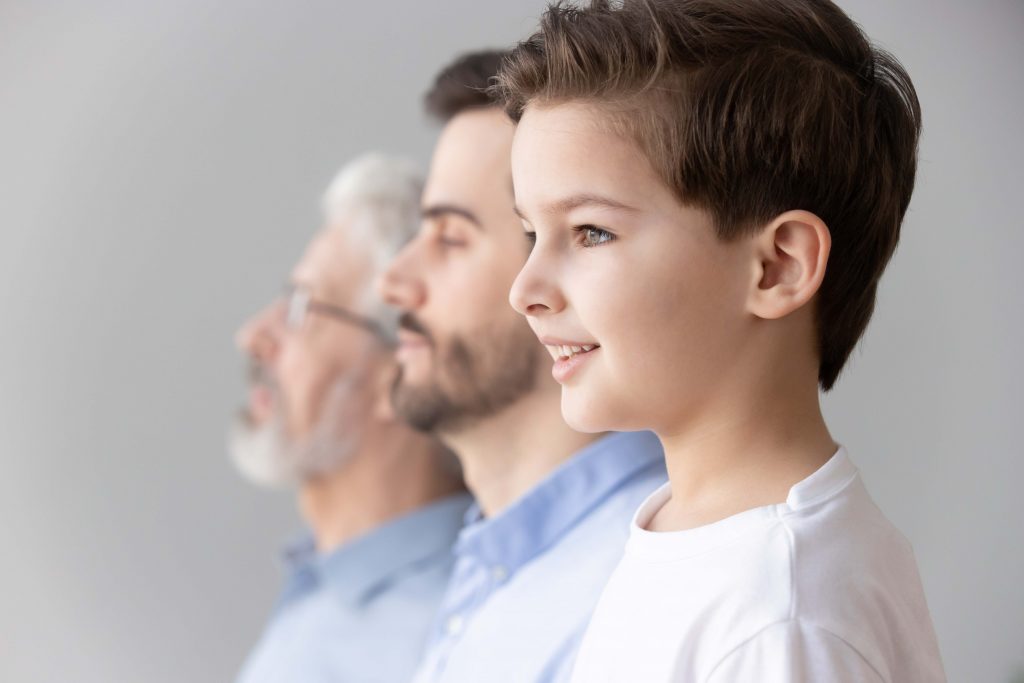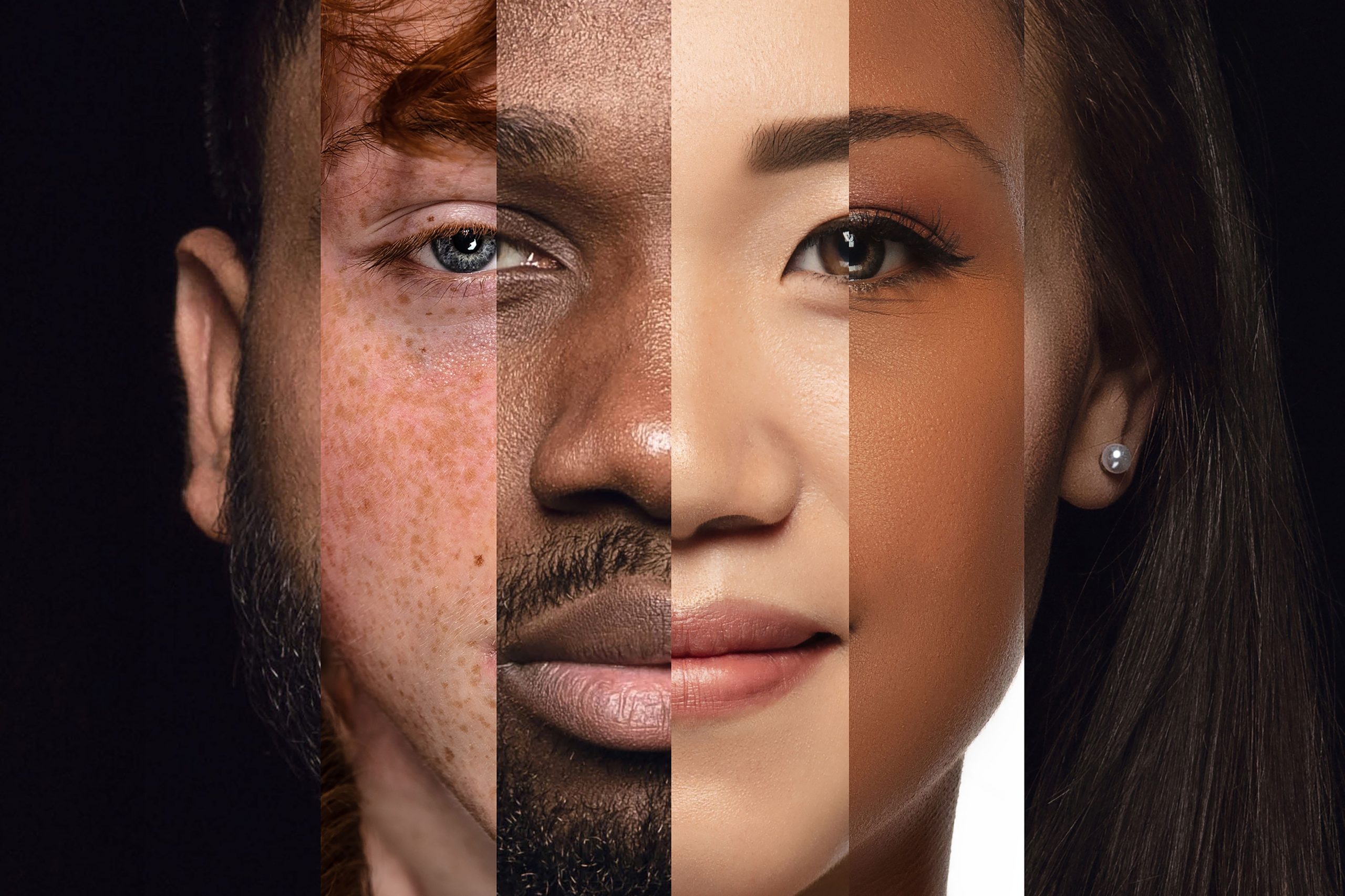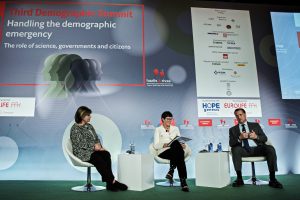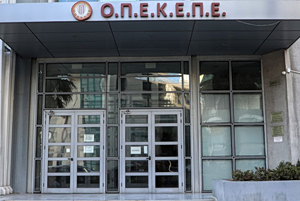Rachel Green felt middle-aged at 29. That’s about a decade earlier than the traditional start to midlife. She took on more management responsibilities at work—and her hair went gray.
“I don’t want to be out past 10 p.m.,” says Green, a Hollywood, Fla., software engineer, now 38.
People in their 20s and 30s are hitting milestones such as marrying and buying a home later than past generations, but the expectations to do so are creating stress for them. That stress makes them feel older , as do mounting concerns about job security, debt, child-care costs and caregiving for older relatives.
Middle age is typically defined as ages 40 to 60. But about 20% of younger people ages 25 to 34 feel middle-aged, according to a study by Horizon Media, a marketing services agency. The average 25-year-old says middle age starts around 37 and ends at about 53. Conversely, the average 65-year-old says it starts at 46 and ends at 62, according to the study.
Both groups mostly agree on the physical signs of middle age: skin changes, aches and pains and worsening eyesight.
“Young people are feeling older and feeling pressure a lot sooner in their lives,” says Tirrell De Gannes, a licensed clinical psychologist at the Thriving Center of Psychology, which surveyed millennials and found that 1 in 10 experienced a midlife crisis around the age of 34.
Alexander Walker-Griffin, a council member and former mayor of his hometown of Hercules, Calif., feels older than his 27 years.
“Mentally and emotionally, I feel like I’m 43,” says Walker-Griffin, who lost his father as a teenager.
Issues like the state budget, housing, student debt and public transportation weigh on him. He skips club outings and dresses carefully in case someone posts his photo on social media. It’s not just him or his position, he says. Friends who aren’t in public office but are in competitive fields like technology also feel rushed to get established.
“People feel pushed to do things earlier because there’s so much competition in the workplace and so much competition to buy a house,” he says.
Kate Rarey, a 24-year-old Pittsburgh-based event project manager and freelancer, says she lacks the wisdom of middle-aged and older adults, but shares their concerns.
“I worry about retirement, about owning assets, like a home, about having children, my future and my life,” says Rarey. She believes her age group feels like they have less room for financial and professional errors and that stress can make them feel older than they are.
Stress can make young people feel several years older, says Shevaun Neupert, a psychology professor at North Carolina State University. She and other researchers found that 18- to 22-year-olds who said they encountered stressful events at work, home or school described feeling five years older than their actual age.
One of the hallmarks of midlife is being responsible for others , including children, parents and co-workers, says Margie Lachman, a professor of psychology at Brandeis University, who researches lifespan development. Adults typically feel 20% younger than their chronological age, says Lachman, but taking care of kids and older parents while also working full time can make younger people feel middle-aged earlier.
Jewell Young, 29, had his first child at 22 and his second three years later.
“In some ways I feel a lot older and mature being a parent,” says Young, a mental-health clinician in Richland, Wash., and founder of the “Young Dad” podcast. After dropping out of college initially, he returned to school and got a master’s degree. He now follows local politics more closely.
“The things I care about have changed,” says Young, who is more comfortable with people who are 35 to 40. He also thinks he looks five years older because his hair has thinned and he has a bald spot.
Nicole Kenney, 41, felt middle-aged in her late 20s and early 30s and began experiencing migraines and sleep disruptions. She attributed that to financial stress, workplace pressures and social expectations.
“The sense of responsibility, especially for Black women, begins much earlier than 40,” says Kenney, as caregiving roles extend beyond immediate family. She started Hey Auntie, a social network connecting young, middle-aged and older Black women to offer support.
At the other end of the age spectrum, more than 1 in 10 adults 65 and older feel middle-aged, according to the Horizon study.
Marc Sigal and his wife, Amy Goldstein, both retired lawyers in Columbus, Ohio, say they feel and look younger than their chronological ages of 72. The couple work out three times a week, travel extensively, socialize with people in their 30s and 40s and dress young. “People think we’re in our late 50s,” says Sigal, who wears Timberland boots and flannel shirts.
Green, the Florida software engineer who felt middle-aged at 29, lost her husband to cancer when she was 33. Trauma ages you, says Green, and gives you a different perspective.
“When you’re young, you have these big dreams and ambitions to change the world and make a name for yourself,” she says. A big part of feeling middle-aged is realizing she doesn’t have the energy for grand things and being comfortable with that. She has a boyfriend, a house, a garden and a good job.
“I don’t miss my younger years,” she says. “I’ve embraced middle aged-ness.”
Write to Clare Ansberry at clare.ansberry@wsj.com






